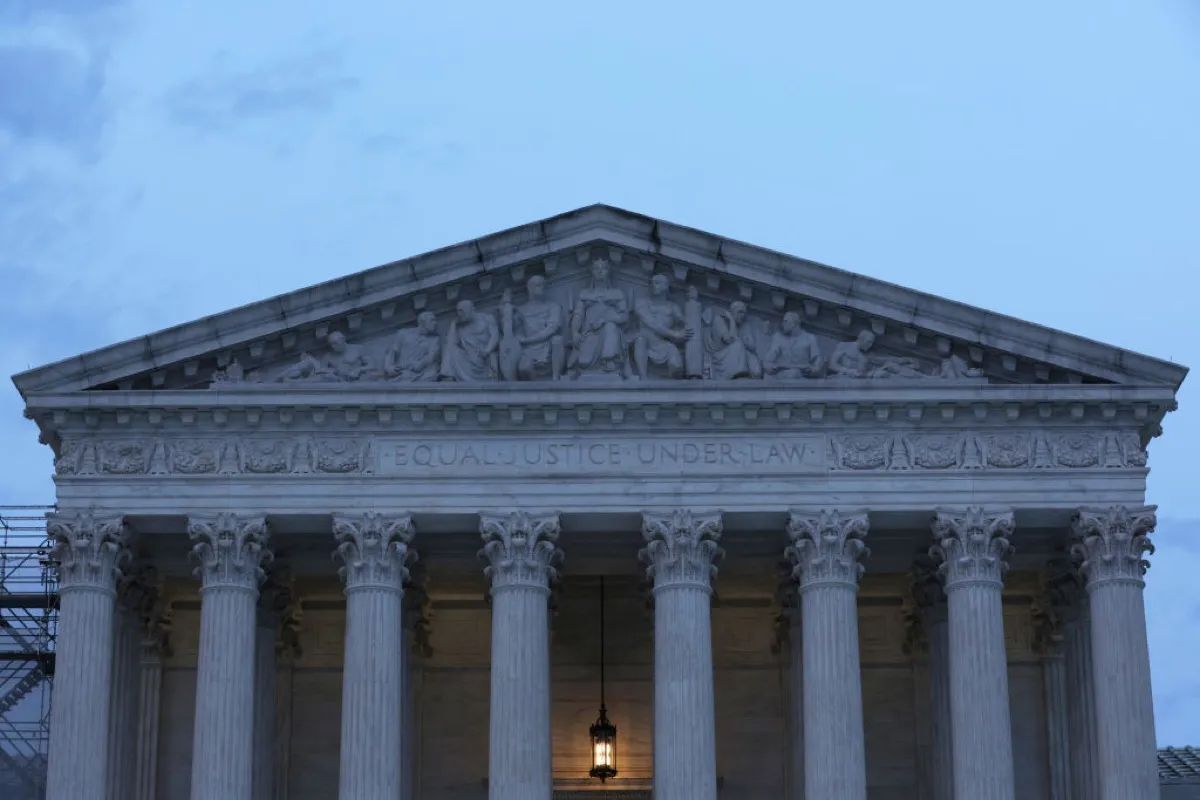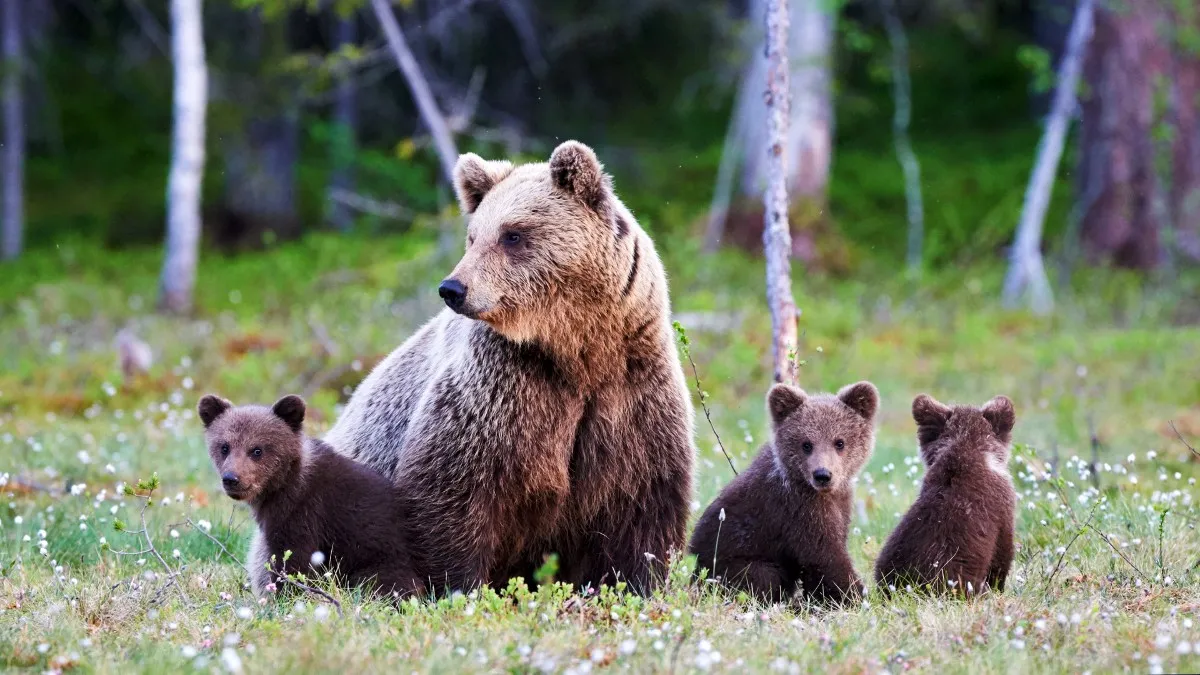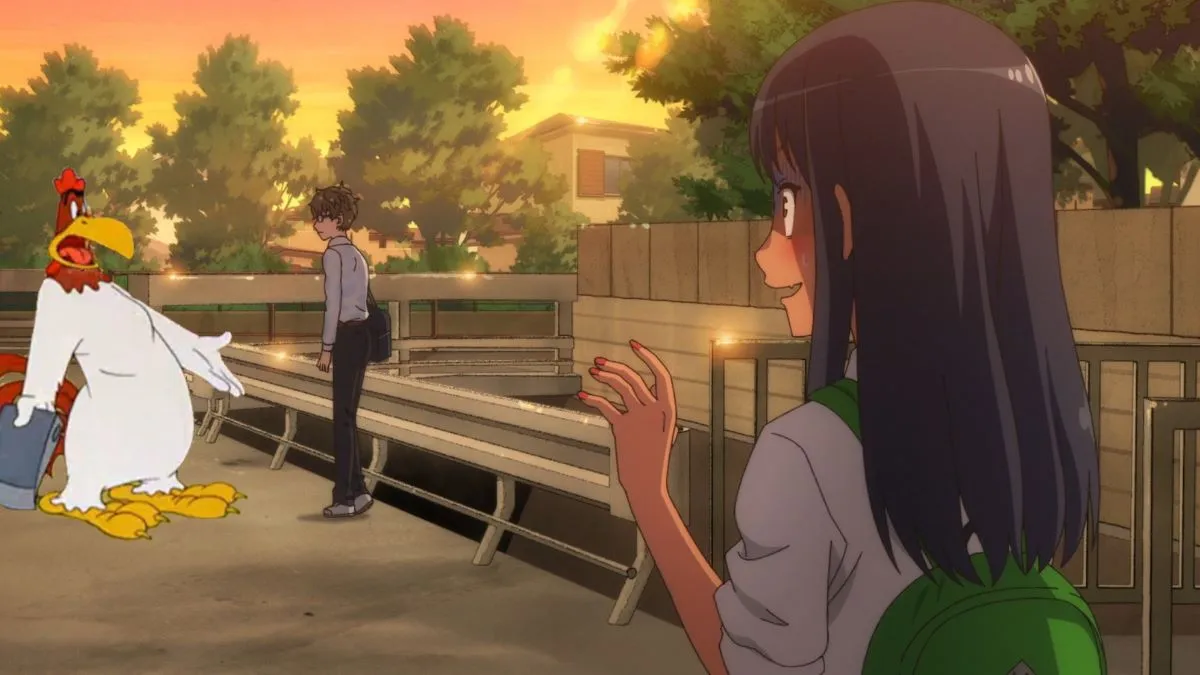The wait is over, and for once, there’s good news coming out of the U.S. Supreme Court; the Court has ruled 7-2 in favor of the Indian Child Welfare Act. The majority opinion was authored by Justice Amy Coney Barrett, who noted that “In sum, Congress’s power to legislate with respect to Indians is well established and broad.”
Definitely a surprising but welcome turn of events, but this victory does not mean that the fight is over.
The case has highlighted a lot of anti-Native bias, especially in the legal system and the media coverage surrounding it. While Justice Brett Kavanaugh did ultimately side with the ICWA, he allegedly “wanted to decide whether a ‘child’s race’ is an issue in child welfare proceedings.”
To understand why this is an issue, you have to understand that, legally speaking, Native Americans are not considered a racial category but a political designation, with tribes being governmental/political entities. Indigenous Americans have tribal sovereignty over their lands precisely because tribes are recognized as their own nations.
Haaland v. Brackeen was essentially attempting to finalize an adoption of a child from another country, who still had a family in their home country that wanted to adopt them.
Despite being a Supreme Court justice, Judge Clarence Thomas apparently did not understand this distinction, and reportedly objected to “regulating state-court child custody proceedings of U.S. citizens, who may never have even set foot on Indian lands, merely because the child involved happens to be an Indian.” He also complained that “[t]oday, Indians are citizens of the United States; the vast majority of them do not live on any reservation or Indian lands, but live (as most citizens) on lands that are wholly within a State’s jurisdiction.”
Judge Alito’s dissent seemed more focused on building up the Brackeens and other potential adoptive parents, saying they “merely wanted to provide a ‘stable home’ for some young tribal citizens.” Funny how that’s the same reasoning that was used in the creation of Indian Schools, which killed Native children by the thousands—deaths that the U.S. didn’t bother to count as they happened (and probably never will have the exact number for).
Some activists have pointed out a potential issue in some reporting; many articles and reports highlight that the act is from the 1970s, which can come off as framing the ICWA as being outdated.
There’s also the fact that the struggle is not over. While the Court has upheld ICWA for now, it could still be partially or completely overturned at a later date. That’s why some states like Nevada are taking the law further and codifying it into their state laws, to ensure that even if it is overturned at the national level, Nevada Native tribes will still have protections afforded to them.
Not only are there still concerns for the future, but the lawyers who were representing the Brackeen family likely had ulterior motives in doing so. The Gibson Dunn law firm agreed to represent the family pro-bono in the case, taking it all the way to the Supreme Court.
While it’s hard to tell their exact motives for doing so, it should be noted that the law firm has previously clashed with “tribal nations in both casino cases and cases that further the interests of their Big Oil company clients.” They notably represent Energy Transfer, a.k.a. the company behind the Dakota Access Pipeline, which lost $7.5 billion due to protests at Standing Rock.
Many activists argue that if the Brackeens had won their case in the Supreme Court, then it would have been a significant blow to tribal sovereignty and possibly opened the door to a lot of lawsuits challenging tribes’ sovereignty and their ability to self-regulate; lawsuits which could make it easier for large corporations to get access to tribal lands.
Also, the Supreme Court ruling doesn’t undo the adoption of the Brackeens’ child, who has Native family members that wanted to foster him, nor does it undo the generations of Native children that were stolen from their families prior to the act.
Ultimately, this is a victory, but we still have to be vigilant. If they tried once, they will try again.
(featured image: Alex Wong/Getty Images)









